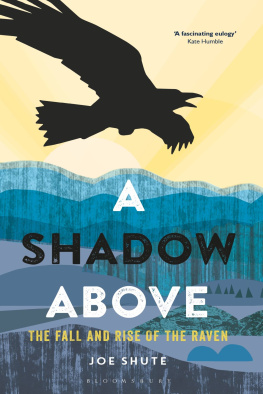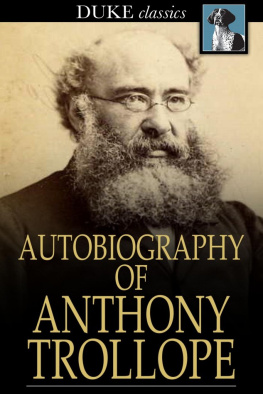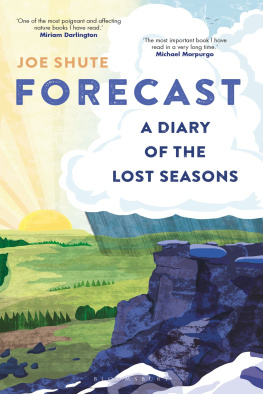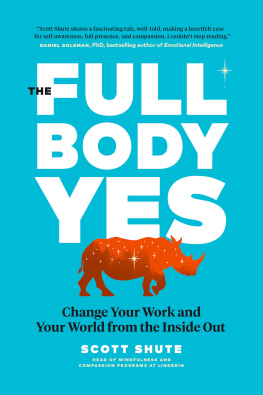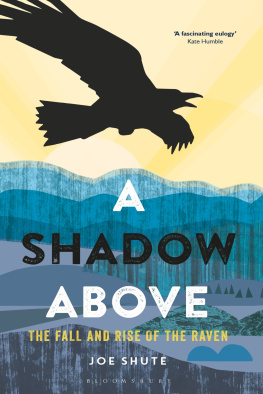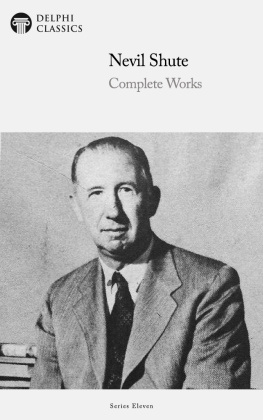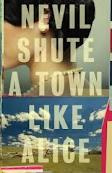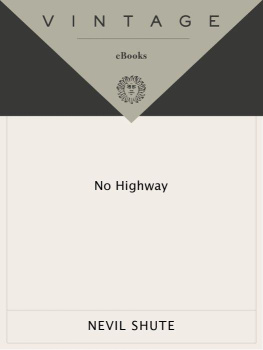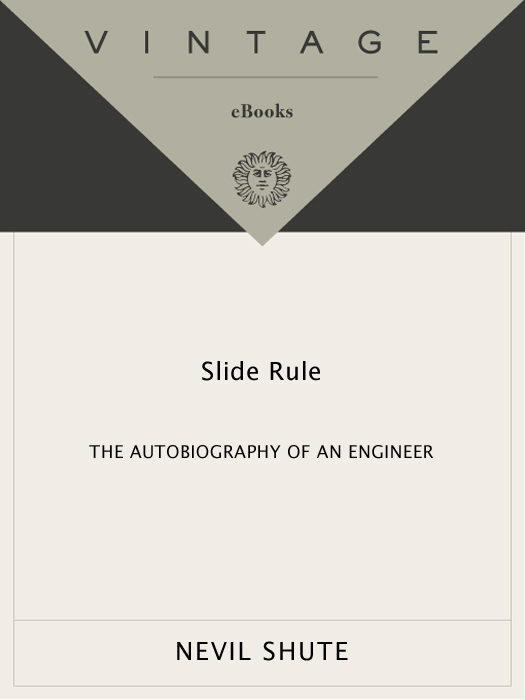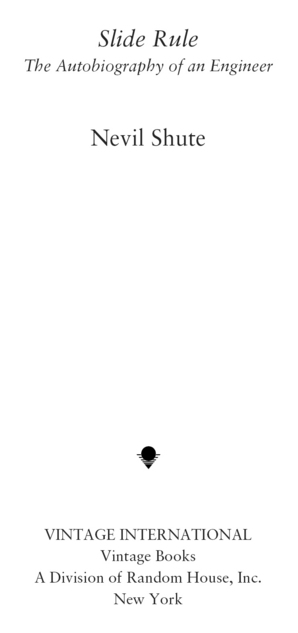FIRST VINTAGE INTERNATIONAL EDITION, OCTOBER 2010
Copyright 1954 by William Morrow & Co. Inc.
All rights reserved. Published in the United States by Vintage Books, a division of Random House, Inc., New York. Originally published in book form in Great Britain by William Heinemann Ltd., London and in the United States by William Morrow & Co. Inc., New York, in 1954. This edition first published in Great Britain by Vintage Books, an imprint of The Random House Group Limited, London, in 2009. Copyright The Trustees of the Estate of Nevil Shute Norway.
Vintage is a registered trademark and Vintage International and colophon are trademarks of Random House, Inc.
This is a work of fiction. Names, characters, places, and incidents either are the product of the authors imagination or are used fictitiously. Any resemblance to actual persons, living or dead, events, or locales is entirely coincidental.
eISBN: 978-0-307-47418-6
www.vintagebooks.com
v3.1
AUTHORS NOTE
My full name is Nevil Shute Norway. Readers will find on an explanation of the reasons that made me use my Christian names alone when writing my books.
Nevil Shute
Langwarrin, Victoria, Australia October 1953
ACKNOWLEDGMENT
The poem by E. F. A. Geach on is quoted by kind permission of Messrs. Basil Blackwell Ltd.
Contents
1
A YEAR OR SO AGO I was driving on the coast road near Mornington, forty miles south of Melbourne in Australia. I was going to see some friends to return an unwanted kitten that they had wished on to my children while my back was turned. Maybe the kitten had a malignance that I did not fully understand, because I was driving along between the red cliffs and the blue sea and thinking no evil when I was stabbed suddenly by an intense pain in my chest. It was so sharp and so agonising that I could not go on; I was alone in the car but for the kitten, so I pulled in to the roadside and parked to sweat it out. Ten minutes later I was rather better and went on, but two miles further on I had to park again. Finally I got to the house of my friends but I didnt get out of the car; it hurt too much to move. I stayed in the driving seat and hooted, and when the wife came out,
Look, Joan, I said. Im sorry, but we cant cope with this ruddy kitten. Its come home. Apart from that, I think Ive had a heart attack. Will you get in and come with me to Mornington? Im going to see the doctor, but Id just as soon have someone with me in the car.
It wasnt the first time that I had had this thing. It happened to me first in 1939, in Grand Central Station in New York, at midnight. I had been in America for about a month and in a few days I was to sail for home; during that month I had been lavishly entertained by all manner of Americans as is their way. I had travelled a long distance, I had made the first public speeches of my life, I had met a great number of interesting and important people, and I suppose I was very tired. That night I dined and danced with a charming lady in the Rainbow Room, who introduced me to mint juleps. We refuelled on mint juleps from time to time, and when at last I took her to Grand Central Station to put her on the train to her suburban home we found that she had missed it, and had three quarters of an hour to wait. The prudent course was clearly to turn in to the station bar for a mint julep, and after that,
I know a lovely drink, she said. Its called a Bebeda Commodore.
Whats in it? I enquired.
She was a little vague about that, but said it was delicious. So I called the waiter and ordered two Bebeda Commodores.
The waiter raised his eyebrows. On top of a mint julep? he enquired.
If there werent any fools in the world there wouldnt be any fun. On top of a mint julep, I said firmly. He raised his eyebrows again as if to say, Its your body, and brought two of these things.
When I got up to take her to the ticket barrier to catch her train the pain shot me through, as if the bullet had gone in in front and had come out behind. It was difficult to walk or to breathe, but I got her to the barrier. She was concerned to leave me so, but I made her go, and found a seat, and sat down very motionless till the pain eased. Finally I got myself to a taxi and went back to the Hotel Chatham.
In the morning the hotel doctor told me how silly I had been, and sent me to have a cardiograph taken. The report was that I had strained my heart, not very badly; if I took things easily for a few weeks I should be as good as new. I did so and I was, but it was six weeks before the pain entirely disappeared.
The second time it came was during the London blitz, early in 1941. I had joined the Royal Naval Volunteer Reserve as an elderly yachtsman in the official phrase, thinking to spend the war in charge of a drifter or a motor minesweeper. But Their Lordships had other views; I had only been in training for two days when I was pulled out of the squad and asked some awkward questions about my previous career and technical experience, and I was sent up to an Admiralty office to work on the design of unconventional weapons. And there I stayed for most of the war, living in my club and going to the office every day, with occasional excursions to sea to attend trials of my toys. By the middle of the war I had attained the dizzy rank of lieutenant-commander, in the executive branch to make it worse, so that I ventured on board little ships wrapped in a secret terror that I might find myself the senior naval officer on board and have to do something. I think I must have been the only executive lieutenant-commander in the Navy who had never attended Sunday Divisions, and didnt even know what happened at that ceremony.
However, all that is by the way. It was in a train coming back to London after some trial in a ship or at a port that the pain shot me through again; perhaps it had to do with hard work in the middle of the bombing. I went to the Admiralty doctor, a temporary officer who had a Harley Street consulting room, and told him about New York and the Bebeda Commodore. He took a lot of trouble over me, and at the end of it he said, Youve not got a heart attack, and whats more youve never had one. What youve got is wind. Take these six powders, and if you get any more trouble come and see me again. I never did.
So when I got to the consulting room again, at Mornington in Australia, the score was one all, so to speak. By that time I was well known as a writer and the doctors took me very seriously. They put me to bed and got me a specialist, and took cardiograph after cardiograph in the hope of finding something wrong with me, with results that were ludicrously negative. Finally they ordered me to stay in bed for three weeks, and not to do it again.
That didnt worry me, of course, because three weeks in bed is a light sentence to a man who can work a typewriter upon his knees in the morning and dabble with an oil painting on his knees in the afternoon. More serious was the matter of my pilots licence.
Most of my adult life, perhaps all the worth-while part of it, has been spent in messing about with aeroplanes. Kenneth Grahame once wrote that there is nothingabsolutely nothinghalf so much worth doing as simply messing about in boats. With that I would agree, yet for a fleeting period in the worlds history I think that aeroplanes ran boats very close for sheer enjoyment. For about thirty years there was a period when aeroplanes would fly when you wanted them to but there were still fresh things to be learned on every flight, a period when aeroplanes were small and easily built so that experiments were cheap and new designs could fly within six months of the first glimmer in the mind of the designer. That halcyon period started about the year 1910 and it was in full flower after the first world war when I was a young man; it died with the second war when aeroplanes had grown too costly and too complicated for individuals to build or even to operate. I count myself lucky that that fleeting period coincided with my youth and my young manhood, and that I had a part in it.


